Jumping Ship – The Cost of Political Defections in Nigeria
In Nigerian politics, loyalty is often temporary. Politicians switch parties with ease, chasing power rather than principle. This act, known as cross-carpeting or defection, has become a recurring feature of Nigeria’s democracy, shaping its politics in damaging ways.
A Habit Rooted in History
The culture of defection didn’t start today. It began soon after independence in 1960. Back then, Nigeria’s major political groups—the Northern People’s Congress (NPC), the National Council of Nigeria and the Cameroons (NCNC), and the Action Group (AG)—were regionally based. Politicians moved between these parties to gain favor or control, sparking rivalries that later helped trigger the 1966 coups and civil unrest.
The trend deepened during the Second Republic (1979–1983). Politicians switched parties in search of federal backing or access to state resources. This political instability eroded trust and contributed to the eventual fall of that democratic era when the military seized power again.
When democracy returned in 1999, many hoped for change. Yet, the Fourth Republic has seen even more defections. From the People’s Democratic Party (PDP) to the All Progressives Congress (APC) and back again, the story remains the same. Governors, senators, and even former presidents have changed parties, often just before elections or after losing power.
Why They Jump Ship
The reasons are rarely ideological. In Nigeria, parties have weak internal systems and unclear policies. What matters most is access to money, influence, and protection. Politicians join the ruling party to secure their positions or escape corruption probes. Others defect when their ambitions are blocked within their parties.
This constant shifting turns politics into a game of survival, not service.
The Price Paid by Democracy
Defection weakens institutions. Parties lose stability and direction when key members leave. It blurs accountability because voters can’t link policies to consistent platforms. A lawmaker elected under one banner can simply switch sides without consequence.
This erodes faith in the system. Many Nigerians feel their votes don’t matter since politicians can easily cross over to stay in power. It destroys opposition strength—without a firm alternative voice, the ruling party faces little pressure to perform.
The biggest loss is trust. When politicians treat politics as a business deal, people stop believing in democracy itself.
The Way Forward
Nigeria needs stronger laws and stronger ethics. The constitution already stipulates that elected lawmakers lose their seats if they defect without a division within their party—but this rule is often ignored or politicised. The courts must enforce it strictly.
Parties should also clearly define their ideologies and train their members to uphold them. Citizens, too, must stop rewarding defectors with votes. Political maturity comes when loyalty to principles outweighs loyalty to power.
Conclusion
Jumping ship has turned Nigeria’s politics into a merry-go-round of power seekers. Until integrity replaces ambition as the driving force, the country’s democracy will remain fragile. Party colours may change, but the game stays the same—power first, people later.
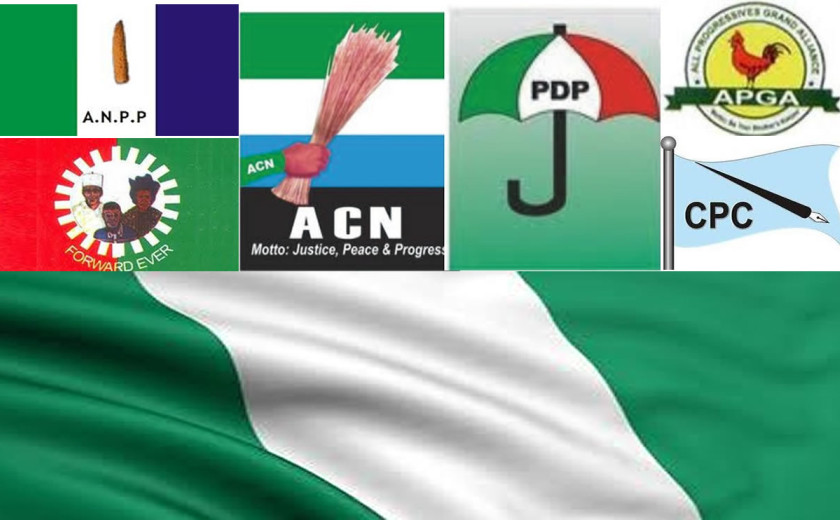

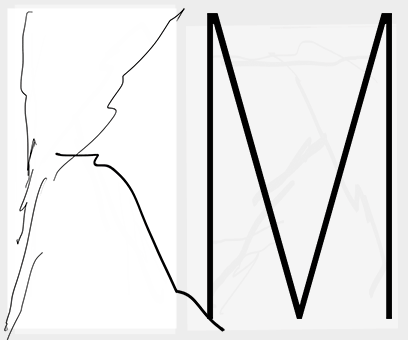
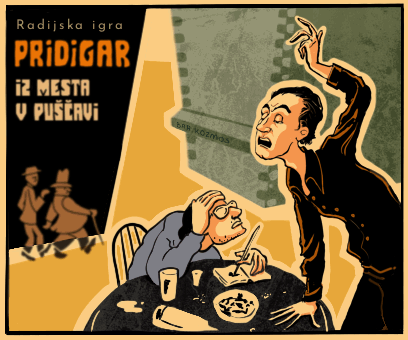
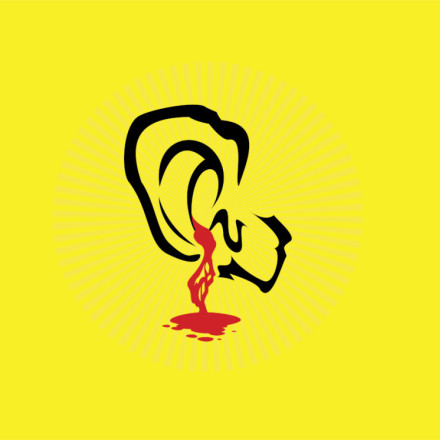
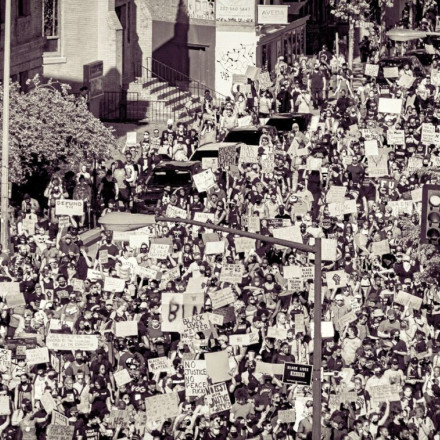

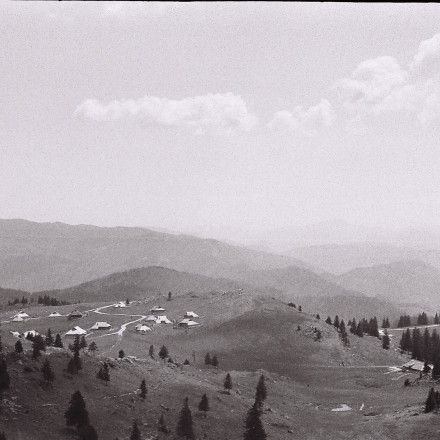
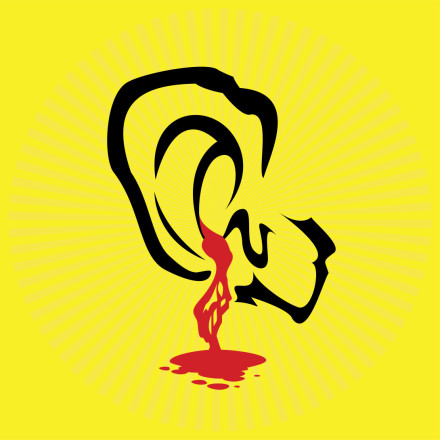
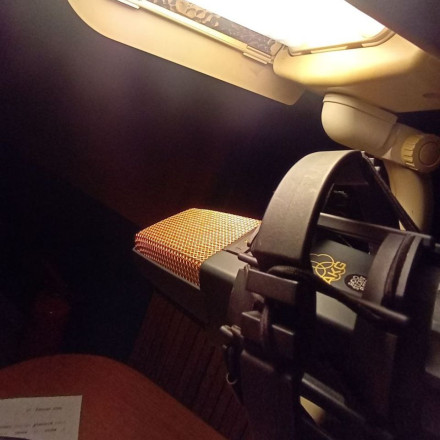

Dodaj komentar
Komentiraj